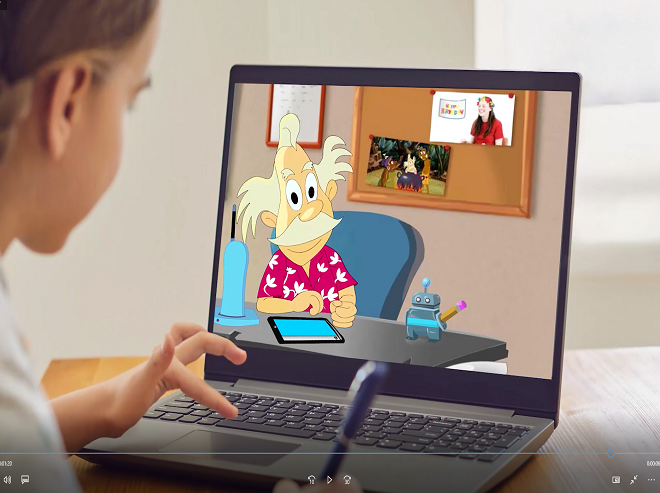
People inherently avoid tasks that they find difficult. Since emotion recognition and social interaction can be challenging for kids with ASD, they often circumvent related tasks or even actively resist intervention. However, it’s not something that can be ignored—emotional competence is critical to children’s ability to function as well as to their general wellbeing. Professor Ofer Golan sat down with psychologist Tali Gev to discuss the challenge of motivating kids with ASD to learn about emotion and best practices for overcoming it.
Dr. Tali Gev is a clinical psychologist and researcher at Bar-Ilan University, Israel, specializing in the diagnosis and treatment of autism. Her research focuses on manualized intervention methods. As a certified Early Start Denver Model (ESDM) therapist she leads the implementation of the method in Israeli community preschools for children with ASD, while exploring the effectiveness and outcomes of the method.
Ofer Golan is a clinical psychologist, associate professor, and the head of the Autism Research Lab at Bar-Ilan University, Israel. His research focuses on socio-emotional functioning in autism, including social communication, emotion recognition, expression and regulation, and ways to develop them through evidence-based interventions. He is the founder and the clinical advisor of two Israeli clinical centers which provide evidence-based diagnosis and intervention services for children, adolescents, and adults with autism and their families, in addition to training clinicians and disseminating evidence-based interventions nationwide.
Gev started the discussion by describing how she experiences the challenge of motivating children in her clinical work. “Often, for kids with autism, discussing emotions, examining emotions, is something that they don’t find particularly interesting, but if you talk to them about trains or dinosaurs, they might be fascinated. Emotions are something that is unclear and maybe sometimes even threatening.” Both Gev and Golan agreed that one of the best ways to engage kids in emotional learning is by connecting it to something the child is interested in. As she sees it, the children’s special interests can serve as a “port of entry” for clinicians and parents to teach kids different developmental skills, including social-emotional competence. “We want to use kids’ interest in dinosaurs, in letters, in colors, in unicorns, to teach them different skills, including teaching them more about their emotional world,” she says.
Technology can also be a powerful motivator for kids who are innately attracted to screens, including kids with ASD. Although technology doesn’t inherently support interaction and emotional learning, it can be harnessed for that purpose if parents get involved as agents of change. When properly utilized, it can even help children with ASD generalize their learning to additional situations. “Even when a child is just watching an animated series or playing on the Xbox by himself, if a parent is involved, and can either refer to what the child is watching, or discuss those topics, elaborating on the emotional aspects, it facilitates generalization,” says Gev.
Another challenge is that kids with ASD often understand emotion differently than more typically developing children. That’s why Gev believes that it’s critical to develop tools that are designed for their unique needs. It’s also important for parents and other caregivers to understand how to use the tools so they can work with kids at home. “If you want to tackle emotional or social-emotional behavior of children with autism, you need to address their understanding of emotion, their expression of emotion, and the regulation of emotion,” she concludes.
EmotiPlay is a research-based tool that helps therapists, teachers, and parents teach children with autism to understand emotion, a life skill that impacts almost every element of their lives.